Have you ever thought you found the perfect job opportunity only to land the position, start work, and discover the exact opposite? Unfortunately, it happens frequently, especially when the company’s values don’t match your own. This article originally published in Careerbright. To read the full article, visit Careerbright.
Nearly half of human resources managers have job openings that remain unfilled longer than they would like, mostly due to a lack of qualified applicants. When that happens, they will do anything to get someone on board. Management hopes that setting up a game room and hosting the occasional happy hour celebration will attract top-quality talent to the organization. While those culture perks may be fun for employees in the beginning, most workers want benefits that truly matter (and they should fight for those).
Companies that not only know their purpose and values but publicly advertise them are the places where you want to work. With increasing frequency, businesses are learning that employees don’t head to work each day just to make a salary: They want to contribute to an effort that they believe in and that helps the greater good.
Finding a Good Supervisor
For job seekers, it is important to find a company that cares about its employees — and perhaps more important, a supervisor who cares. The best-case scenario is to be employed by both a company and a boss who care about you, because it can be draining to work for a good company with bad leadership.
Smart candidates will make sure they like their supervisors as much as the positions they apply for. You and your potential employer should both walk away convinced that you are the best fit for the job and vice versa.
So when the interviewer asks whether you have any questions, you should absolutely assess and interview in return. Ask questions like, “How many employees have left your team in the past two years, and why did they leave?” Ask about employee engagement, the company culture, and how the company scores itself on living up to its core values. Asking questions serves to help you better understand the job and company and will shift the dynamic of the interview into more of a two-way conversation.
Signals That a Company Cares
Along with the interview process, you can look for several other indications that a company actually cares about its employees:
Someone gives you a realistic job preview.
You want the company to give you a realistic preview of the position. Every company has some dysfunction, so look for signs that it’s transparent about areas that need improvement. In the final stages of the hiring process, you want the potential employer to divulge both the positives and negatives about working for the company. You also want the honest, realistic view of your exact position: the work environment, duties, and expectations. Not only will you have the correct expectations regarding the job, but you can also decide whether the position is the ideal fit for you and your skills.
They have implemented a clear onboarding plan for you.
Your first day should proceed without hiccups. A human resources department that has a thoughtful and effective onboarding process allows new hires to settle in properly. Your desk and/or office space should be established, and you should have a working computer ready to go. You should also have a team member who guides you through the first few days and introduces you to the rest of the department. Someone in leadership should interact with you and take you to lunch to get you acclimated.
They offer mentorship on the job.
These first impressions are critical for employee engagement, and you want a manager who takes extra time and care to ensure that you find friends and at least one mentor during the first day or week of your new position. A survey by Comparably found that more than half of employees in the technology industry have best friends at their places of employment. Friends are vital to a successful career as they make you seven times more likely to be engaged while working. Friends boost your mood and morale and also offer the emotional strength to face challenges and crises.
Companies that take it a step further and offer sponsorship opportunities are an even better place to work: You’ll have a champion focused on your success and career advancement.
When you job search, it’s key to know your worth and not settle for just any open position. Take the time to research, ask questions during the interviews, and look for the signals that indicate the company will take care of you from the very first time you set your foot in the door. That type of company has the values and culture you want to affiliate yourself with.

